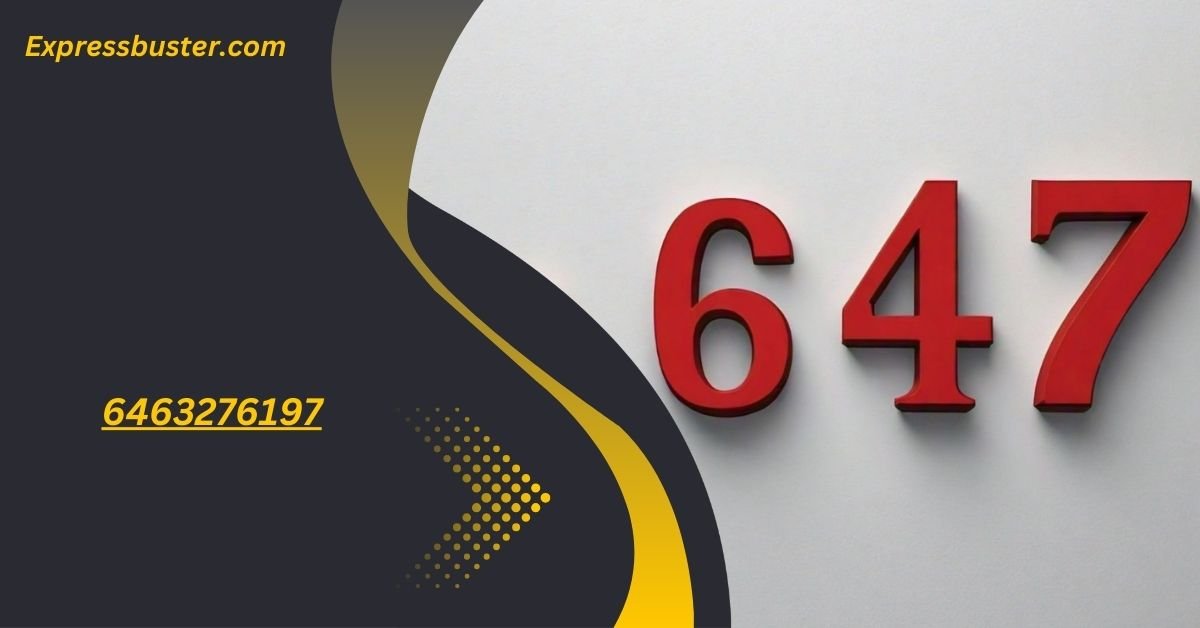Speed matters.The sooner your product arrives in new markets, the greater competitive advantage you enjoy in today’s interconnected world. But foreign market entry isn’t simply a matter of translation. It’s making sure your product meets the preferences, language, and culture of your new market, quickly and with perfection. That’s where a product localization agency can be precious.
Let’s dissect why collaboration with the appropriate localization partner can get your brand launched sooner, expanded worldwide, and ahead of the competition.
What Is Product Localization and Why Is Timing Crucial?
Product localization is the process of adapting a product’s language, design, user interface, and documentation to fit the needs of a specific region or audience. It goes beyond translation. It includes formatting (dates, currencies), images, legal compliance, UX adjustments, and more.
The faster you complete this process, the faster you can sell.
But here’s the catch: localization is complex and time-consuming—unless you have expert help. That’s where a product localization agency steps in.
1. Streamlined Workflows That Eliminate Delays
A professional agency doesn’t start from scratch every time. They use standardized workflows that reduce back-and-forth. Most reputable agencies use:
- Translation management systems (TMS) to automate task assignments
- Style guides and glossaries to avoid repeated edits
- CAT tools (computer-assisted translation) to reuse existing content
Take HubSpot, for example. When they expanded to Latin America and Europe, they used smart localization workflows to adapt hundreds of product pages quickly. This helped them meet aggressive launch timelines without sacrificing quality.
By using a proven process, a product localization agency can complete weeks of work in days—without errors.
2. Native Experts Who Get It Right the First Time
Hiring a product localization agency means working with local language experts who understand the target audience inside out. This reduces the chances of revisions, delays, or culturally insensitive errors.
Consider how Airbnb localizes listings and user experiences in dozens of languages. They rely on local experts who adapt the app’s tone, policies, and visuals to feel “local” everywhere. This not only builds trust—it gets the product live faster.
Compare this to doing it in-house with general translators or your marketing team. Mistakes lead to rework. Rework leads to delays. A localization agency gets it right from day one.
3. Tech Integration That Saves Time
Most modern agencies can plug directly into your content systems. Whether you’re using a CMS like WordPress, an eCommerce platform like Shopify, or version control systems like Git, a product localization agency can automate content syncing.
Let’s say you’re launching a mobile app. If your localization partner integrates with your GitHub repository, they can pull the latest content, localize it, and push it back, without manual copy-paste steps.
Example:
When Slack scaled globally, they used APIs and Git-based workflows with their localization partner. This cut their localization time in half and helped them reach global users faster than competitors.
4. Cultural Adaptation That Prevents Launch Setbacks
A poor cultural fit can kill a launch. One wrong image or phrase can result in product rejection or brand damage.
The best translation company doesn’t just translate they localize. They adapt your messaging, UX, visuals, and tone to resonate with the target culture. This helps you avoid delays from fixing backlash or negative feedback post-launch.
Real-world Case:
In the early 2000s, Electrolux launched in the U.S. with the slogan “Nothing sucks like an Electrolux.” The Swedish slogan worked locally, but in the U.S., it was a disaster. A proper localization review would have caught that before launch.
5. Scalable Resources for Fast Multi-Market Launches
If you’re launching in five countries at once, can your in-house team handle that? Likely not.
A product localization agency has access to a global network of translators, designers, developers, and QA testers. This allows you to scale fast without delays.
Case Study:
Zendesk, the customer service software provider, launched support for over 20 languages in a few months by working with a localization agency. They didn’t add more internal staff—they added the right partner.
Scalability is critical if you want to reduce time to market and expand globally in parallel.
6. Built-In Quality Assurance Means Fewer Fixes Later
Delays often happen in the QA stage. A small error in the UI, a wrong label, or an untranslated string can delay your launch.
A top agency will perform:
- Linguistic QA
- Functional testing
- Visual QA across devices
This proactive approach minimizes issues during post-launch, saving you time and costly fixes.
When Canva expanded to non-English markets, they partnered with a team that performed thorough in-context QA before rollout. The result? Smooth launches with no user complaints—and more signups from day one.
7. Regulatory Compliance From the Start
Each country has different data laws, accessibility standards, and product labeling rules. A product localization agency helps ensure your product meets local regulations from day one.
For example, the EU’s GDPR has strict requirements for data privacy. If you’re launching a SaaS product in Europe, you need to localize not only your content but your privacy policies, cookie notices, and data flow systems.
Agencies stay up-to-date with these regulations so you don’t risk launch delays or fines.
8. Faster Feedback Loops and Continuous Localization
If you’re releasing updates every few weeks, you need a localization partner that can keep pace. A strong agency uses continuous localization—integrating with your agile development cycle.
Atlassian, for example, built a continuous localization pipeline that allows them to ship updates in multiple languages simultaneously. Their localization partner helped them set it up.
This reduces the lag between product readiness and market launch—cutting time to market dramatically.
Conclusion
Time to market is everything. But rushing localization or trying to handle it in-house can slow you down and introduce risk.
A product localization agency brings speed, accuracy, cultural expertise, and tech integration—all critical for a fast and successful global launch.
If you’re serious about going global, don’t just look for the cheapest translator. Look for the best translation company—one that understands your product, your timeline, and your market goals.
Because the faster you launch, the faster you grow.










